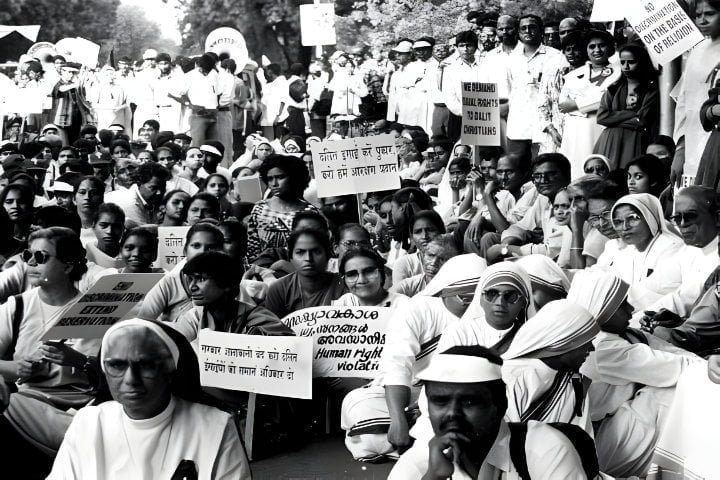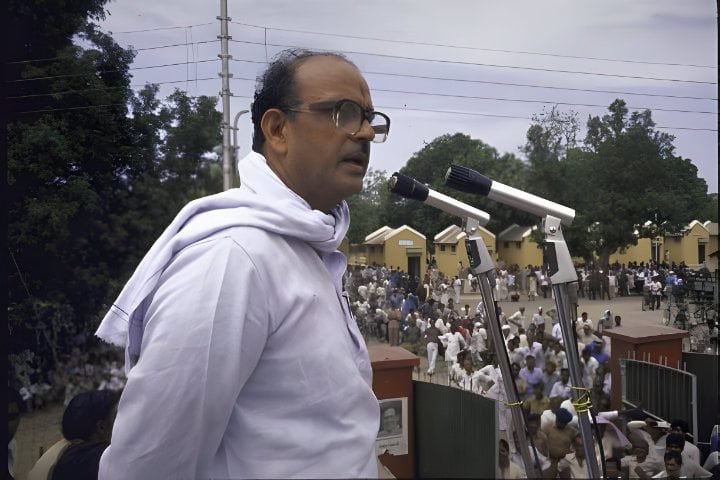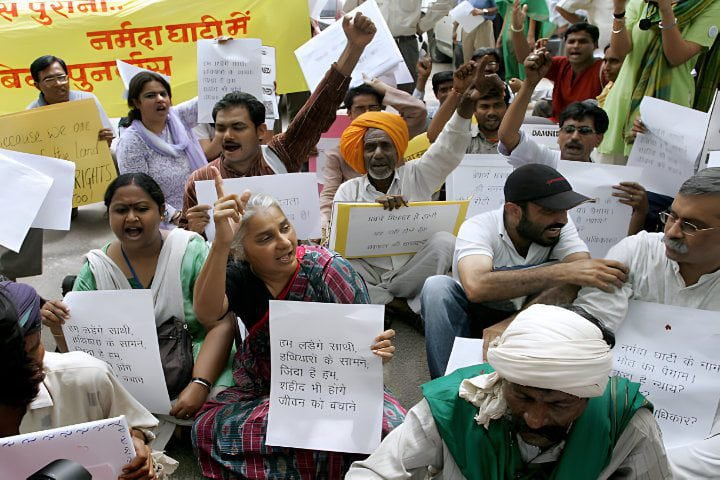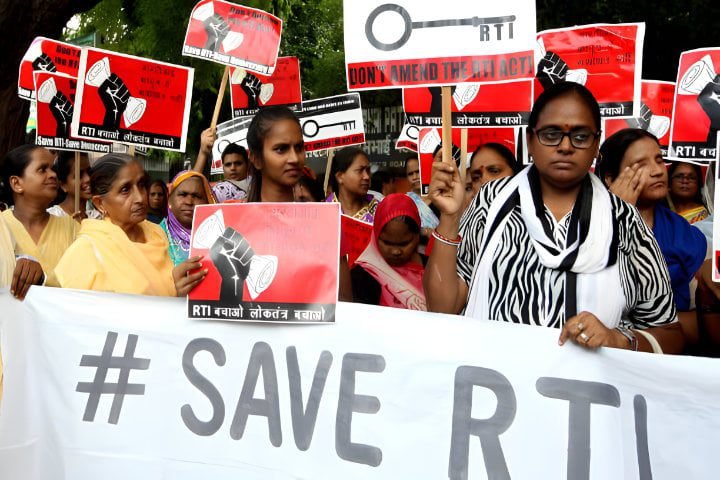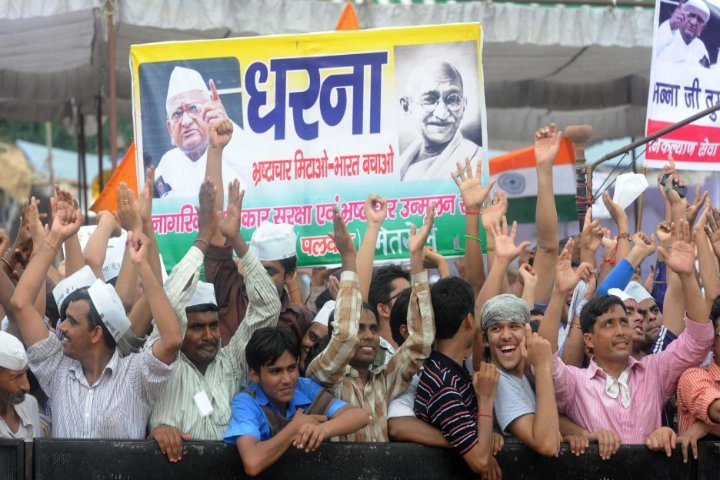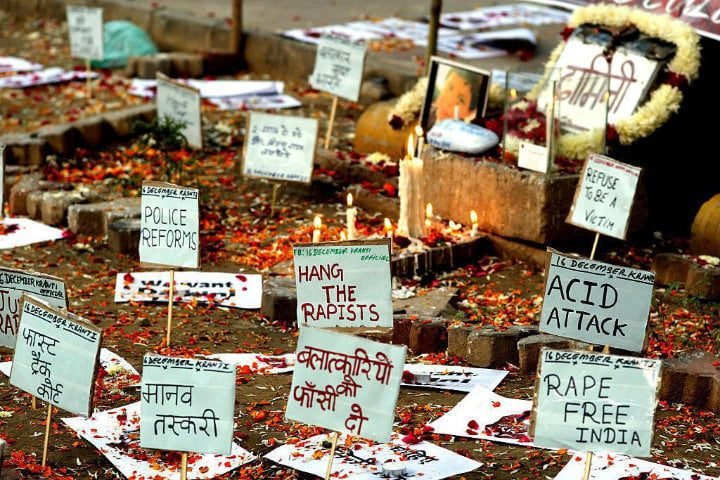Dalit Panther Movement 1972
Caste Movements: Dalit Panther Movement 1972 The social movements in India go beyond demonstrations; they represent a nation’s demand for progress, equality, and justice. The social movement in India is a significant part of the country’s rich history. The following is a list of some of India’s most well-known social movements and their effects on […]
